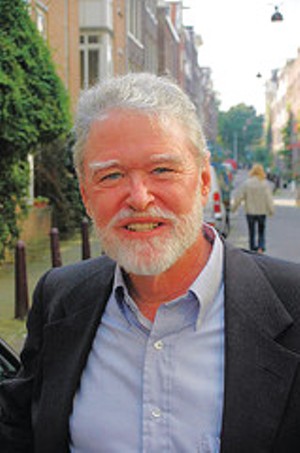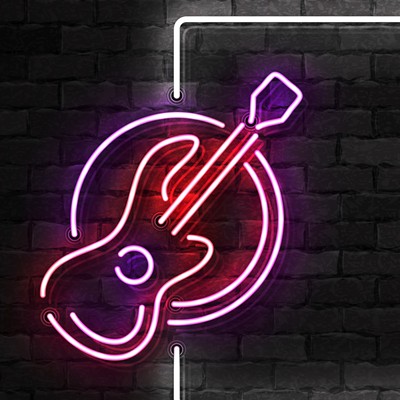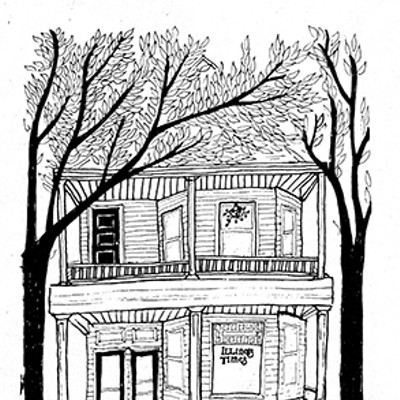If you laughed at that, you would have liked John Garvey, and he probably would have liked you. John read (and reread) widely and retentively. His tastes were catholic, and encompassed more godless pot-bangers like Hitchens than you might expect in an Orthodox priest. His friendships were like that too. John was a deeply religious man and I am not. However, we both were conservative first-child Springfield boys who wrote and preached our creeds (although John had the grace to preach only to those who wished to hear him), which was enough to sustain an acquaintance of nearly 50 years and a friendship of 30.
He was born in Decatur but grew up on the fringe of Springfield’s west side, in a setting much like the one I grew up in on the east side. Responding to a column I wrote in this paper about the threatened loss of Griffin Woods, he wrote this:
When we moved into our home at 200 North Amos I was four, and left when I was 15. That was always home, and Springfield, to me. There was a farm across the street when we moved in, with cattle; fierce geese guarded the farmhouse . . . . That woods was a place I played in a lot during my childhood, with abandoned railroad tracks and rusted nails in the crumbling rails and a couple of ponds, and pigs which broke out of a neighboring farmer’s hog bins and which seemed feral to me. It was a wild place and I loved it, and thinking of the plans for it grieves me.
Raised a Roman Catholic, in 1984 he became a member of the Orthodox Church. It was less a conversion in the familiar sense, he liked to explain, than a realization of something that was always there. His studies for the priesthood, and later his work as a priest, made him a New Yorker for many years. In the 1970s he had had been offered a job in that city on the staff at Commonweal, which has been described as a lay Catholic New Republic. “He cheerfully and instantly brushed off the offer,” his editor recalls, “content with his life in Springfield, Illinois, married to his high-school sweetheart, the father of two young children – and anyway wasn’t New York City Babylon?”
Well, parts of it were and are, but John and his wife Regina found their part of Queens much like Springfield at its best – which meant much like the community he knew around his house on Holmes Avenue and St. Anthony’s Hellenic Orthodox Church on College, where “celebration” was a verb that described circle dancing and eating lots of lamb.
John worked for a time at Sangamon State and Lincoln Library and later in the Statehouse, for the Republican staff. Such jobs are what the body must do to sustain a life of the mind – and pay the kids’ school bills. He had grown up in a family of writers and publishers and wrote himself, successfully if not profitably. His longtime editor and friend, Peter Steinfels, nicely described John’s more than 300 Commonweal columns as “gems of the plain style: conversational, first-person, direct, without elaborate metaphors or clever categories.” We once got him to contribute to this paper a piece on the cosmopolitanism that is often forced on those living in small places; it is a good thing for us pointy-headed types, he argued, to occasionally meet at parties people who’d lived good lives without ever hearing of Kierkegaard.
Each of us was eager to alert the other to good writing. I urged on him the English novelist Penelope Fitzgerald, for which he was grateful, although when he died I still owed him four novelists, three essayists and a poet. I don’t miss him yet, although I will the next time I read a line that I want to share with someone who can appreciate it. My conversation will suffer too; he was a great one to tell a story or anecdote, and a greater one to tell a story to. It was like taking food to a thoughtful neighbor; you’d get the plate back with something even better on it.
I have space here to talk only about the part of John I knew. There were others, but that part was worth knowing. He was humane in his concerns and generous in his attention and loved to laugh. While he took his faith very seriously he took himself not seriously at all. His wisdom was earned, and his sympathies correspondingly deep – not a happy man in the conventional sense, he once told me, but capable of joy. Worth knowing indeed.
Contact James Krohe Jr. at [email protected].






















